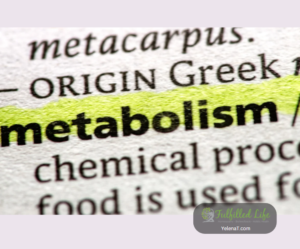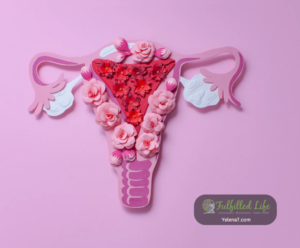Navigating Symptoms in Your 30s and Beyond
Transitions in life can bring about a range of changes, both mentally and physically. As women move into their 30s, many begin to experience new symptoms associated with hormone fluctuations and age-related issues. The transition to menopause can be daunting for some, but understanding the common symptoms along with the necessary steps to maintain bone health is key. Let’s explore why it’s important for women to prioritize their own health during this time.
Common Symptoms of Women in their 40s
Women in their 30s may experience fatigue, brain fog, and changes in the menstrual cycle due to hormone imbalances. Fatigue is typically caused by a combination of aging, hormonal changes, and lifestyle. Research suggests that women in this age group often suffer from an imbalance between progesterone and estrogen hormones which leads to feeling tired more often than usual. Brain fog is another symptom common among women in this age group due to fatigue or poor sleep patterns causing difficulty concentrating on tasks or remembering things that were previously easy for them. Finally, changes in the menstrual cycle are inevitable during this time as well and may include heavy periods or irregular cycles due to hormonal imbalances.
Maintaining Bone Health During Transition to Menopause
Maintaining bone health is essential during the transition from the premenopausal stage into menopause. Regular consumption of calcium-rich foods such as dairy products, green leafy vegetables, legumes, nuts etc., must become part of one’s daily diet routine along with Vitamin D supplements which help absorb calcium in the body more efficiently. Supplements such as magnesium citrate or magnesium glycinate are also good options for supporting bone health while managing other conditions like hot flashes and anxiety that come with hormone imbalances at this stage of life.
Prioritizing Women’s Health at this Age
As women navigate through their 30s and beyond it is important for them to make time for self-care routines such as exercise, mindfulness practices, proper nutrition etc., that helps manage physical symptoms while providing emotional support during a difficult life transition stage like menopause. Additionally, having access to professionals who understand what you’re going through as well as having family members or friends who can provide emotional support can be very beneficial during this time period when prioritizing your own health becomes paramount.
During this life stage, it’s difficult to know exactly where to turn for help or advice. You want to fast-track your goals, but don’t always know the best way to achieve that. I understand these struggles and am here to help you make sustainable lifestyle modifications that will steer you toward success! Book a complimentary consultation with me now and be assured that I’m there to help ensure you get the outcome that you desire.








